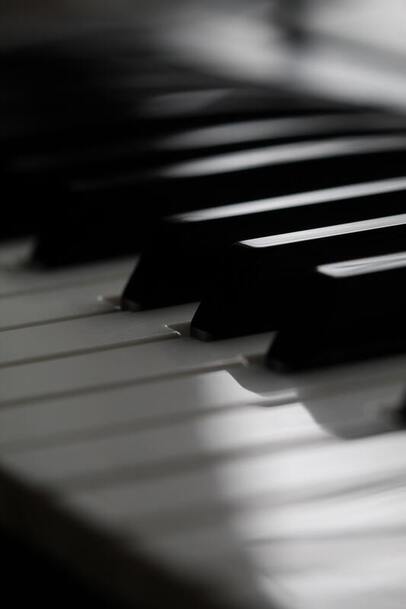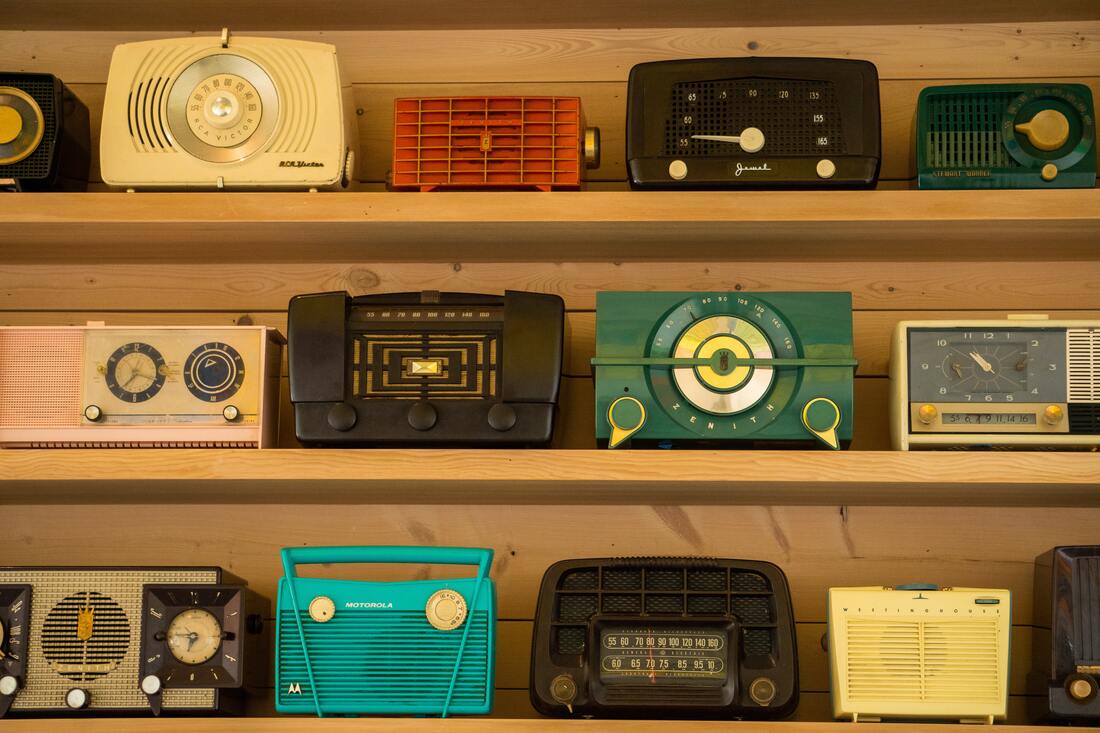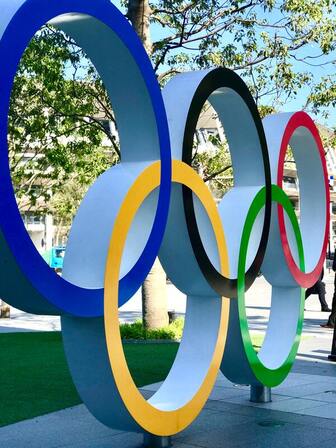Many of the apps that I located and tested tend to discuss Music Theory in basic terms for audiences who mostly have no experience in music, or for musicians who want to strengthen their skills in Music Theory. In this case, this refers to the tonal Music Theory of the “Common Practice Period” (before the rules changed and expanded in the late nineteenth and twentieth centuries) through scales, key signatures, intervals, chords, and Ear Training. These concepts can be found in apps like Music Theory Helper, Perfect Ear, and Sonid among others. Perfect Ear and Sonid demonstrate intriguing approaches to Basic Music Theory through gamification: presenting courses and lessons to audiences in a way that feels more like a game instead of academic work. The formatting for Sonid also draw heavy inspiration from the Duolingo language learning app, complete with a mascot (a whale).
These are all fine attempts, but what about the more complex parts of Music Theory? Where are the apps that teach people about Neo-Riemannian Theory, Twelve-Tone Serialism, and other concepts? This is where Google Play could use some more work. While I was unable to find anything related to the chord transformations in Neo-Riemannian Theory, I did manage to find a few resources for post tonal music analyses. There is the DodecMatrix app, which I talked about in previous posts-- and had negatively reviewed the 2018 update. That app underwent another update in early 2021. Despite its flaws, that app allows people to create twelve-tone grids for serial music composition and offers the possibility to switch between the musical alphabet and pitch-class numbers, as well as play back each row in the grid. The Pitch Class Set Calculator and Set Class Calculator apps enable the creation of musical pitch-class sets. They indicate how to properly organize the sets, determine symmetry, and offer lists of lists of all combination of pitch-class sets by chord type, interval vectors, and Forte Number categorization. As many can probably tell from this complex description, those two apps assume that people know how to use the calculators and do not offer visual guides that physically show people what these sets look and sound like.
That last part is, perhaps, the biggest obstacle that I have encountered when looking for Music Theory apps that focus on contemporary analytical techniques. How can app developers present the information to the public in a way that is easy for people (especially, those outside of music) to understand? Granted, I am far from finished with discussing this topic. While the apps that I have seen represent a good start, there is still more that needs to be done. There are more concepts in Music Theory that need exploration in app form: concepts that are necessary to learn in a university or compositional setting. I will, however, discuss that in a later post.



 RSS Feed
RSS Feed
